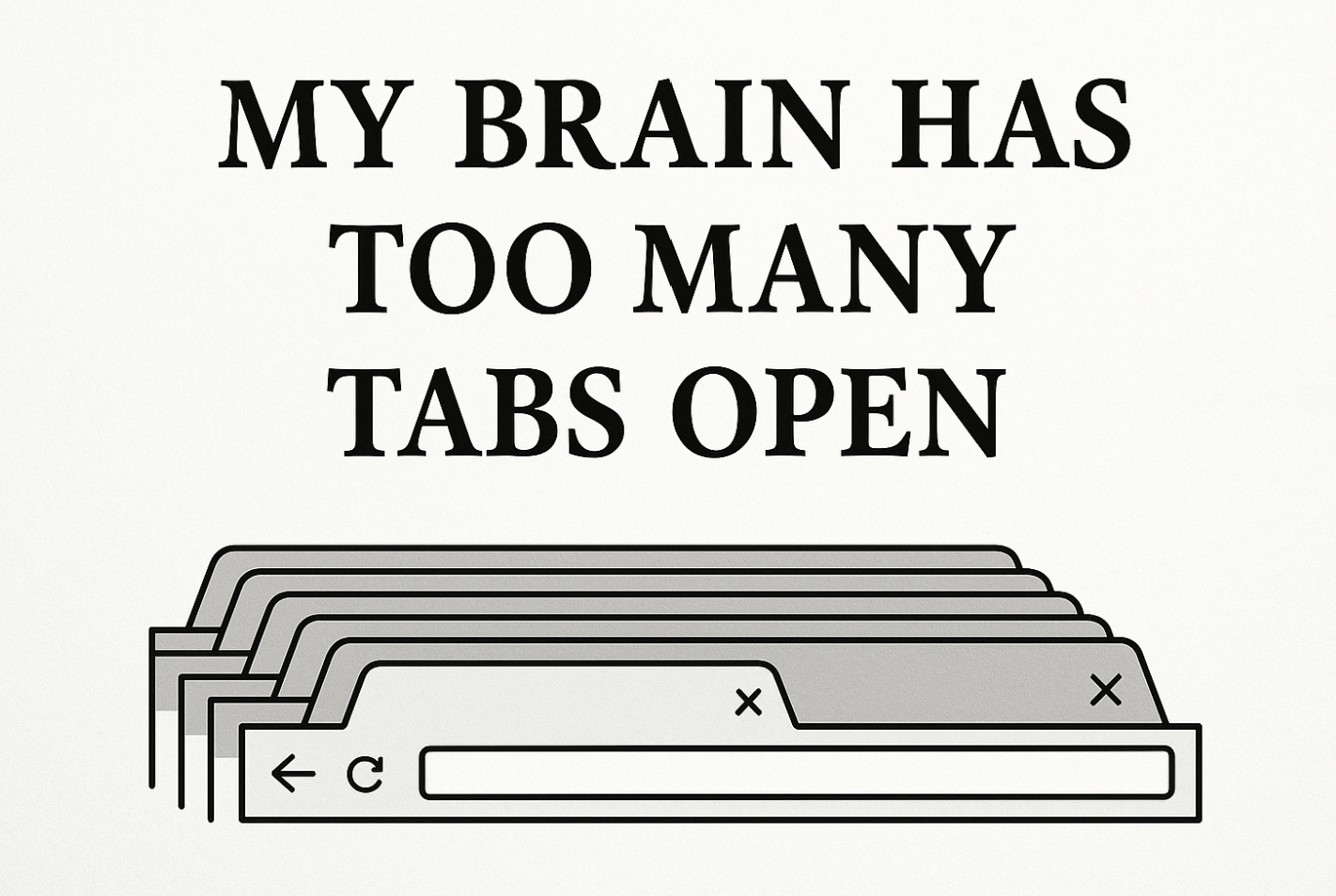Delegating Responsibilities and the Emotional Toll Introduction
Delegating tasks might seem like a straightforward solution to lighten the mental load — but it’s not that simple. For many women, delegating comes with its own burden. It’s not just about handing off a chore; it’s about thinking through what needs to be done, explaining it, monitoring the results, and dealing with the emotional […]
Delegating Responsibilities and the Emotional Toll Introduction Read More »









